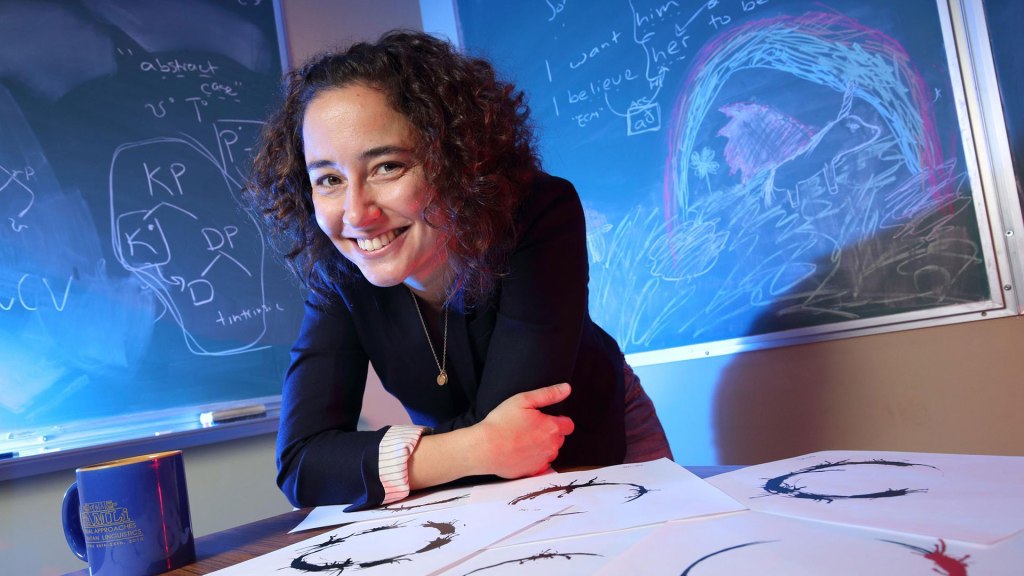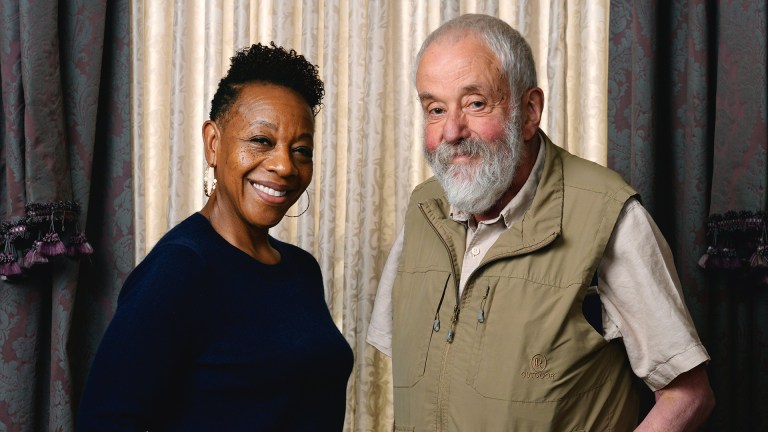If aliens arrived tomorrow, linguists might be the first ones called up by the government now that Arrival has come out. The film draws on the Sapir-Whorf Hypothesis, the idea that the language you speak determines how we view the world. A lot of people find this idea compelling but there has not been any scientific evidence that speaking a certain language affects how we think in any meaningful way.
There are more than 6,000 languages spoken in the world today and we don’t know much about most of them – they don’t have written grammars or dictionaries. Languages can sound very different from one another, and we know from trying to learn foreign languages as an adult that grammar can be different but the variations tend to be very constrained. Human languages share certain properties and core principles. ‘Universal grammar’ is what linguists call the human capacity for language; we come hardwired with certain elements of language already in place. It seems like children are not learning a language from scratch – they have a head start.
Anybody who has interacted with little kids know they are not good at doing all kinds of things – tying their shoelaces, dressing themselves – and yet they are already starting to form complex sentences that adults haven’t explicitly taught them. Every healthy child who is exposed a sufficient amount to a language is going to learn that language, which is pretty remarkable when you think about it. Beyond the words they’re learning, which might vary a lot from language to language, another question is: how are they learning the grammar and doing more complicated things like forming questions?
It is predicted that 90 per cent of the 6,000 languages spoken in the world today will have been lost by the end of the century
Little kids make a lot of mistakes, and they are often very funny-sounding mistakes but what is amazing is that kids all over the world learning different languages make the same kinds of mistakes in the same developmental periods. The mistakes are not random and they teach us how grammar develops in the brain.
It is predicted that 90 per cent of the 6,000 languages spoken in the world today will have been lost by the end of the century. For the speakers of the language it is a huge loss, not because they cannot learn another language but because it often carries cultural information and a lot of our identity is tied up in being part of a group of speakers of a language. There is a lot at stake. In the same way that a loss of a plant or animal species is a loss for biology and ecology, the loss of any language means we might be losing an important piece of the puzzle about how languages work.

Arrival is out now on Blu-ray, DVD and digital download









